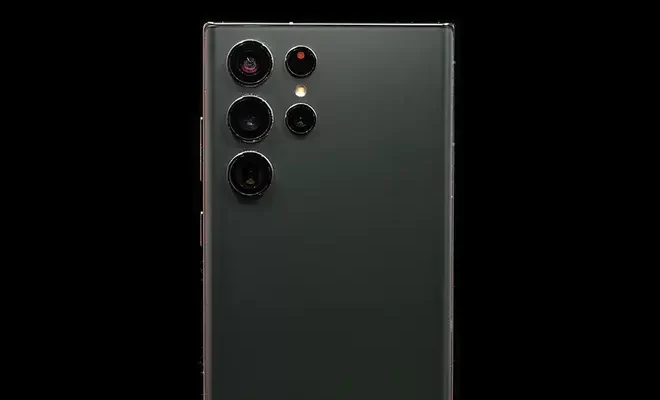Despite the fact that it’s not new for Samsung’s annual flagship phone launch, things are slightly different this year due to Samsung and Qualcomm cooperating to include a more powerful Snapdragon 8 Gen 2 processor. Samsung has made the Galaxy S23 official, and it comes with Qualcomm’s latest silicon. The first benchmarks are out, and Samsung’s device appears to outpace Apple’s latest iPhone in graphical benchmarks.
Since adopting its custom A-series ARM chips, Apple has left Qualcomm and other mobile chipmakers far behind. Each successive generation of Apple devices have shown performance increases of 10-20% over the comparable Qualcomm chips. Although last year’s Snapdragon 8 Gen 1 offered improved results, the Gen 2 is even faster. Samsung’s S23 family of devices has an overclocked prime CPU core at 3.36GHz and the Qualcomm/Samsung enhanced GPU is also delivering positive performance metrics, although the details are yet to be revealed.
Several benchmarks from the S23 Ultra have been released, and Samsung has beaten Apple in one important area: graphics. Tom’s Guide compared the S23 Ultra to the iPhone 14 Pro, and found that Samsung won the high-end 3DMark Wild Life benchmark. While the iPhone with its A16 Bionic hits 74 frames per second in the main test and 20 frames per second in the extreme version, Samsung’s S23 Ultra manages 79.3 frames per second and 20.9 frames per second, respectively, a 25% improvement over last year.
In other tests, Apple’s custom Everest and Sawtooth processors still outperform the overclocked Snapdragon by about 10% in multicore mode and 25% in single-core mode. In a transcoding test, Apple’s iPhone also outperformed Samsung by about 25%. This is impressive, since the A16 has six CPU cores, while the Snapdragon 8 Gen 2 has eight.
While raw performance can be an important metric to consider, it doesn’t always translate to a better experience. Apple designs the hardware and software, so its phones can do more with less. That said, Samsung’s improved graphical performance is a clear win. High-end games like Genshin Impact should be a little smoother on Samsung’s latest phone, even if iOS is still a little more efficient and fluid overall.




